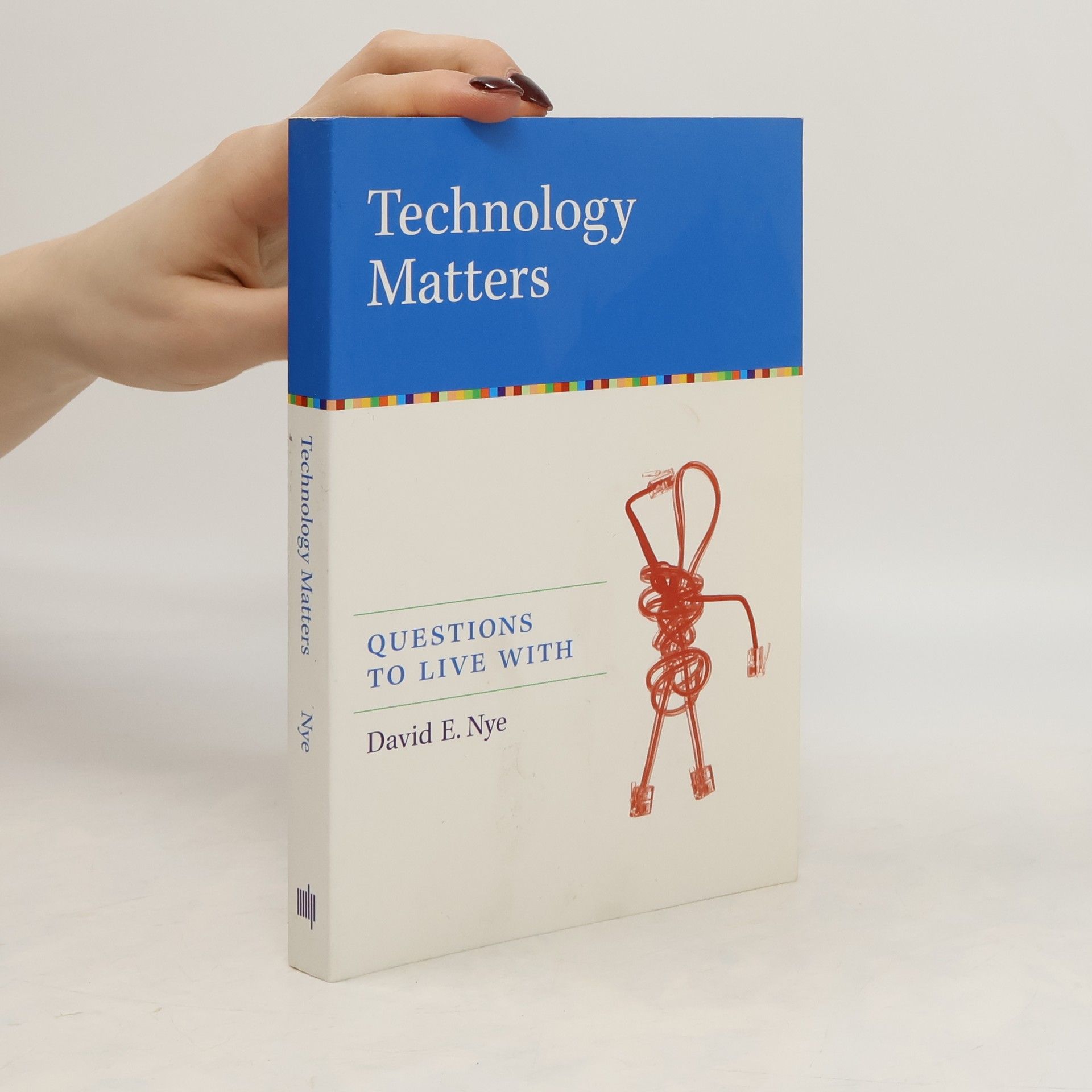Conflicted American Landscapes
- 280pagine
- 10 ore di lettura
How conflicting ideas of nature threaten to fracture America's identity. Amber waves of grain, purple mountain majesties: American invest much of their national identity in sites of natural beauty. And yet American lands today are torn by conflicts over science, religion, identity, and politics. Creationists believe that the Biblical flood carved landscapes less than 10,000 years ago; environmentalists protest pipelines; Western states argue that the federal government's land policies throttle free enterprise; Native Americans demand protection for sacred sites. In this book, David Nye looks at Americans' irreconcilably conflicting ideas about nature. A landscape is conflicted when different groups have different uses for the same location—for example, when some want to open mining sites that others want to preserve or when suburban development impinges on agriculture. Some landscapes are so degraded from careless use that they become toxic “anti-landscapes.” Nye traces these conflicts to clashing conceptions of nature—ranging from pastoral to Native American to military–industrial—that cannot be averaged into a compromise. Nye argues that today’s environmental crisis is rooted in these conflicting ideas about land. Depending on your politics, global warming is either an inconvenient truth or fake news. America’s contradictory conceptions of nature are at the heart of a broken national consensus.

